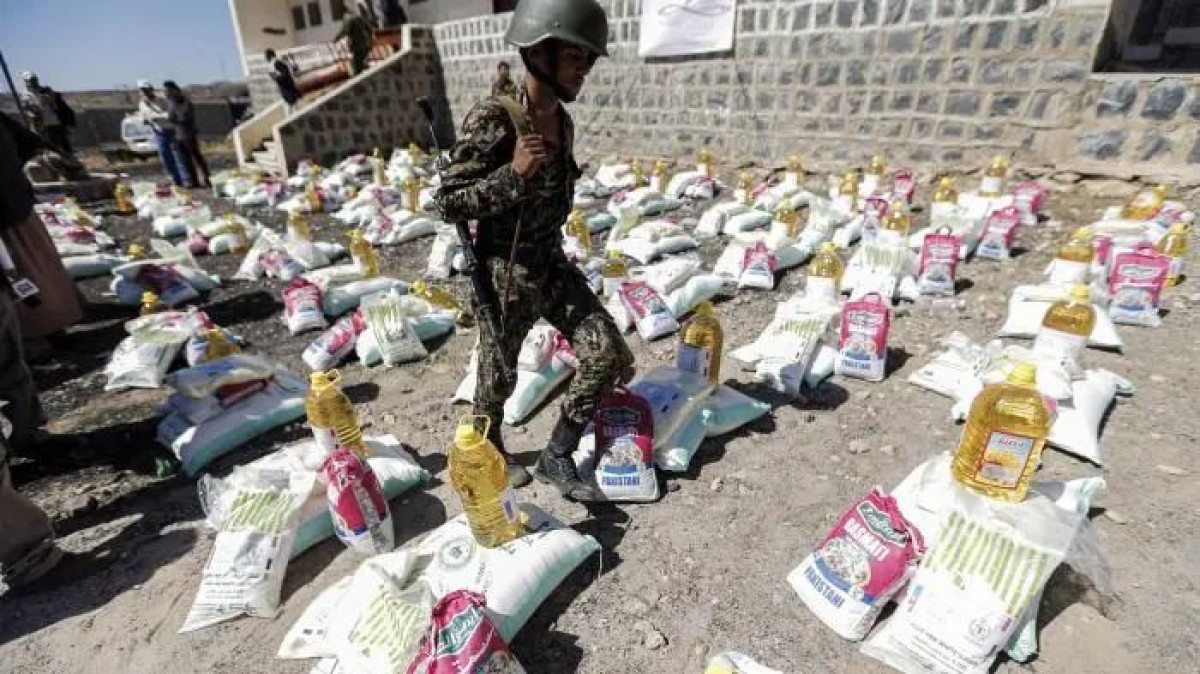The Houthis force the United Nations to reduce its work in Yemen


The United Nations humanitarian aid official said on Thursday that the United Nations has reduced its activities in areas controlled by the militia, in response to a campaign launched by the Houthis on employees working for the United Nations and other humanitarian, human rights, development and education organizations.
Acting UN Humanitarian Chief Joyce Msuya told the UN Security Council that the UN had taken steps “to reduce the exposure of staff in Houthi-controlled areas.”
She said that the United Nations focused its work on “essential life-saving and sustainable activities.”
In June, the Houthi terrorist militia detained more than 60 people working with the United Nations and other organizations, according to the United Nations Human Rights Office. Days later, the militia claimed to have arrested an “American-Israeli spy network.”
Musuya said that the United Nations strongly rejects the “false allegations” made by the Houthis against humanitarian workers, including recent allegations of UN interference in Yemen’s educational system.
She said, “These allegations threaten the safety of staff and hinder the ability of the United Nations and its partners to serve the Yemeni people and must stop immediately.”
Musuya and UN Special Envoy Hans Grundberg reiterated Secretary-General António Guterres’ demand for the immediate release of all detainees, including United Nations employees, members of civil society, employees of diplomatic missions, private sector employees, and individuals from religious minorities.
Grundberg said that it has been more than 100 days since the Houthis launched a wave of arrests "targeting Yemenis engaged in critical efforts related to humanitarian aid."
Musuya warned that the humanitarian situation in Yemen is “steadily deteriorating” with 62% of households surveyed reporting that they do not have enough food, saying this is a “historically high” number.
She said: “For the first time ever, three areas - two in Hodeidah and one in Taiz - are facing extremely critical levels of malnutrition - IPC Phase 5,” where there is famine. “Four more regions are expected to reach this level by October.”
Msuya said that by the end of December, it is estimated that more than 600,000 children in government-controlled areas will suffer from acute malnutrition and about 118,000 children will suffer from severe acute malnutrition – an increase of 34% since 2023.< /p>
She added: “Time is of the essence if we want to prevent disaster,” stressing that the United Nations humanitarian appeal to raise $2.7 billion for Yemen this year is only 28% funded.
Msuya also stressed that humanitarian workers need access. It said direct intervention by parties in humanitarian activities in the first seven months of the year was responsible for 217 incidents – a significant increase from the 169 incidents reported for 2023.